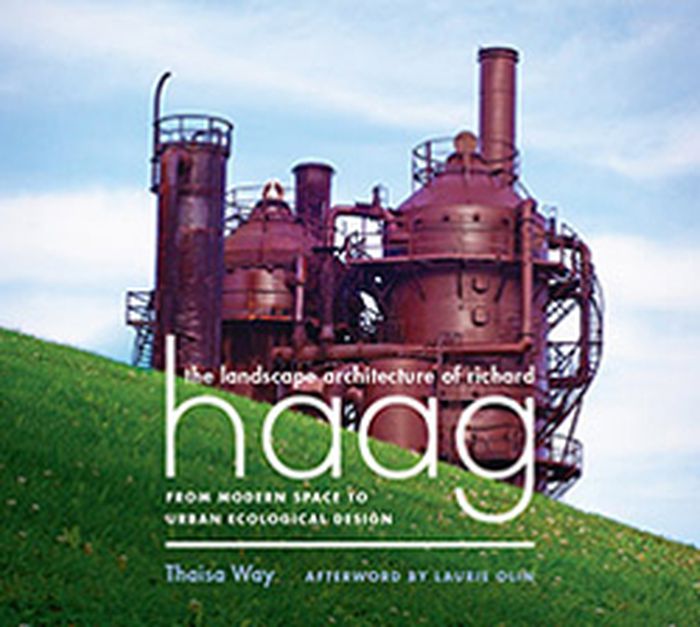$85.30
(disponible en magasin)
Résumé:
After more than a century of heroic urban visions, urban dwellers today live in suburban subdivisions, gated communities, edge cities, apartment towers, and slums. The contemporary cities we know are more often the embodiment of unexpected outcomes and unintended consequences rather than visionary planning. As an alternative approach for rethinking and remaking today’s(...)
Théorie de l’urbanisme
mars 2015
Now urbanism: the future city is here
Actions:
Prix:
$85.30
(disponible en magasin)
Résumé:
After more than a century of heroic urban visions, urban dwellers today live in suburban subdivisions, gated communities, edge cities, apartment towers, and slums. The contemporary cities we know are more often the embodiment of unexpected outcomes and unintended consequences rather than visionary planning. As an alternative approach for rethinking and remaking today’s cities and regions, this book explores the intersections of critical inquiry and immediate, substantive actions.
Théorie de l’urbanisme
$59.95
(disponible sur commande)
Résumé:
Richard Haag is best known for his rehabilitation of Gas Works Park in Seattle and for a series of remarkable gardens at the Bloedel Reserve on Bainbridge Island. He reshaped the field of landscape architecture as a designer, teacher, and activist. In 1964, Haag founded the landscape architecture department at the University of Washington, and his innovative work(...)
The Landscape Architecture of Richard Haag: From Modern Space to Urban Ecological Design
Actions:
Prix:
$59.95
(disponible sur commande)
Résumé:
Richard Haag is best known for his rehabilitation of Gas Works Park in Seattle and for a series of remarkable gardens at the Bloedel Reserve on Bainbridge Island. He reshaped the field of landscape architecture as a designer, teacher, and activist. In 1964, Haag founded the landscape architecture department at the University of Washington, and his innovative work contributed to the increasingly significant design approach known as urban ecological design, which encourages thinking beyond the boundaries of gardens and parks to consider the broader roles that landscapes play within urban ecosystems, such as storm water drainage and wildlife habitat.

